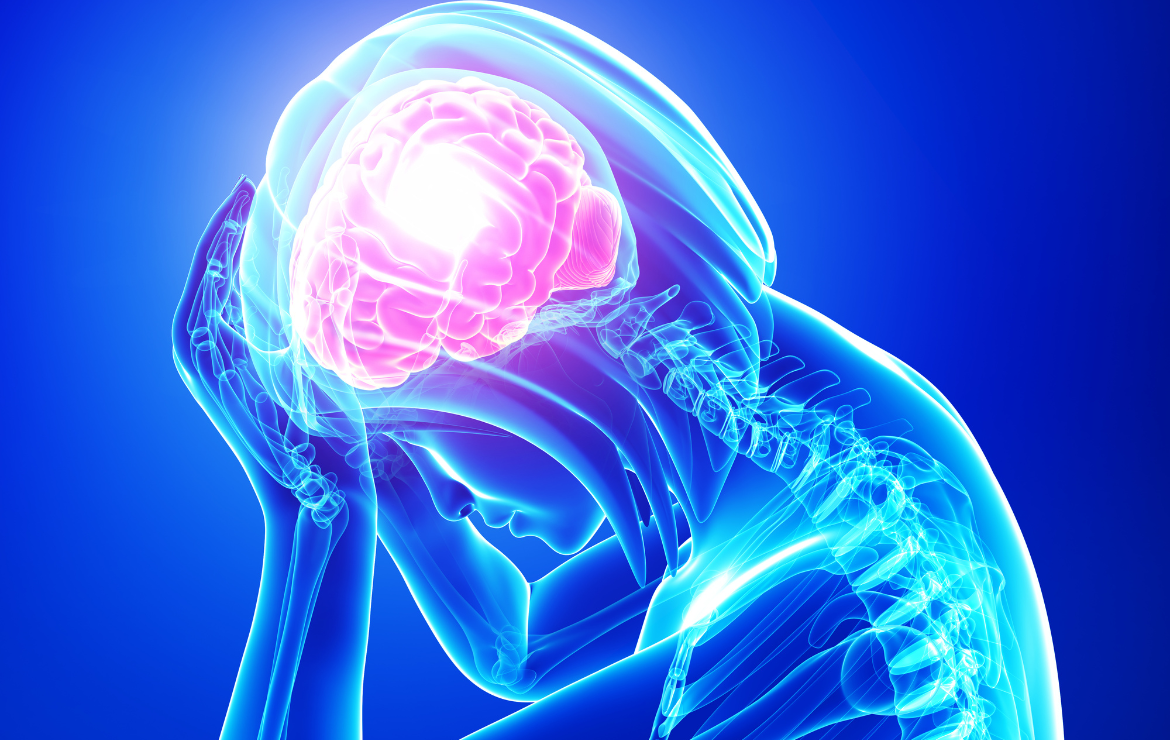How AI is Advancing Traumatic Brain Injury (TBI) Care in Workers’ Compensation

Traumatic brain injuries (TBIs) are among the most complex and costly conditions in workers’ compensation. With symptoms that can be subtle, delayed, or difficult to diagnose, TBIs pose unique challenges for both clinical teams and claims professionals. Fortunately, artificial intelligence (AI) is emerging as a powerful tool in the diagnosis, monitoring, and management of TBIs—offering new opportunities for earlier intervention, improved outcomes, and more efficient claims handling.
Here’s how AI is already transforming TBI care in real-world healthcare environments—and what it means for adjusters and nurse case managers.
Enhanced TBI Diagnosis Through Imaging AI
AI-powered radiology tools are helping clinicians detect TBIs that might otherwise go unnoticed on traditional scans. Algorithms from companies like Aidoc and Viz.ai are being used in trauma centers and hospitals to analyze CT and MRI images for signs of intracranial bleeding, brain swelling, or structural changes.
What it means for workers’ comp:
These tools speed up the diagnostic process and reduce the risk of missed injuries—ensuring injured workers receive appropriate neurological care from the outset and preventing delays that could complicate recovery timelines.
AI-Powered Cognitive and Neurological Assessments
New AI tools, such as NeuroFlow and BrainCheck, are being deployed in clinical settings to assess cognitive impairment in real time. Using mobile apps or web-based platforms, these tools measure memory, reaction time, attention, and executive function with a high degree of accuracy—often without needing a neuropsychologist on-site.
What it means for claims:
Objective, quantifiable data supports clearer decision-making about work restrictions, recovery expectations, and appropriate rehabilitation planning.
AI in Virtual Neurorehabilitation
Platforms like MindMaze and XRHealth are combining AI with virtual reality to deliver cognitive and motor rehabilitation remotely. These systems adapt in real time based on patient performance, offering personalized therapy that’s engaging, trackable, and accessible outside the clinic.
What it means for injured workers:
Improved access to care—especially in rural areas or for those with transportation limitations. For adjusters, it provides documented progress and measurable treatment compliance.
AI-Driven Behavioral Health Monitoring
Behavioral changes following a TBI—such as anxiety, depression, or sleep disorders—can derail recovery. AI-enabled mental health platforms are monitoring patient-reported outcomes and biometric data to flag early signs of psychological distress.
What it means for claims teams:
Early identification allows for faster behavioral health intervention, mitigating the downstream effects of untreated mental health conditions and supporting holistic recovery.
Bringing it All Together: AI & Case Management Collaboration
AI isn’t replacing clinical oversight—it’s enhancing it. When nurse case managers and adjusters are informed about the AI tools used in a worker’s TBI care, they can better align care coordination, set realistic expectations, and advocate for timely services.
The goal isn’t just faster claim closure.
It’s about delivering a recovery experience that’s intelligent, compassionate, and outcome-focused.
As AI continues to advance, it is rapidly becoming a valuable ally in managing complex TBI claims. Staying informed about how these technologies work—and where they’re already being used—can help you better support injured workers and navigate the nuances of TBI recovery with confidence.











